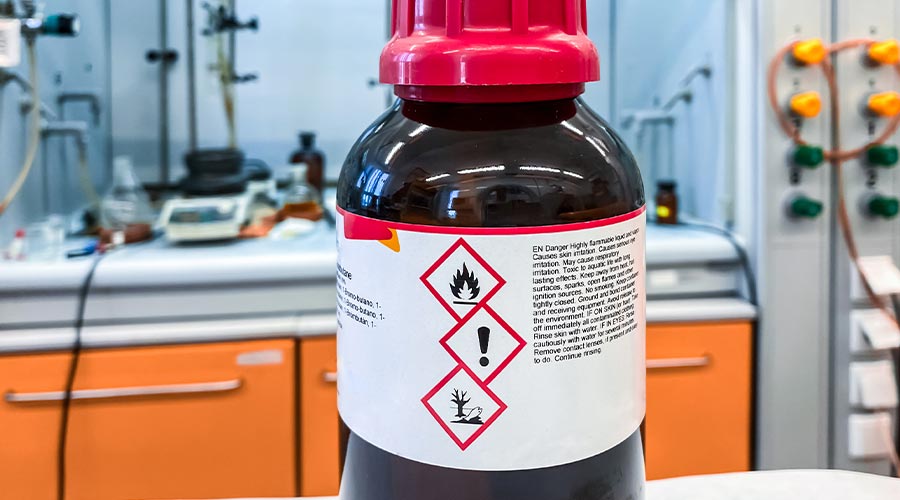
The U.S. Environmental Protection Agency (EPA) announced a proposed rule under the Toxic Substances Control Act (TSCA) to safeguard public health and protect consumers and workers, with this latest proposal focused on the solvent 1-bromopropane (1-BP). Exposure to this chemical can cause serious health effects such as skin, lung, and intestinal cancer; damage to the liver, kidneys, and nervous system; and effects on the reproductive systems that lead to reduced fertility. If finalized, the rule would prohibit all but one consumer use of 1-BP, as well as some workplace uses.
EPA is also proposing worker protections for most industrial and commercial uses that would not be banned under the rule. These protections would help keep both workers and consumers safe from the harmful effects of 1-BP exposure.
“The science shows that 1-BP can cause cancer and other serious health problems, and today’s action is an important step to use the power of our nation’s chemical safety law to finally protect people from this dangerous chemical and prevent cancer-causing exposure,” says Assistant Administrator for the Office of Chemical Safety and Pollution Prevention Michal Freedhoff. “Our proposal would end all unsafe consumer exposures from this chemical and put strict protections in place for workers to ensure critical uses can continue safely.”
1-BP is a solvent that is widely used in cleaning and degreasing operations, spray adhesives and dry cleaning. 1-BP is also used in insulation for building and construction materials and in the manufacture of other chemicals. Consumer uses of 1-BP include aerosol degreasers, spot cleaners, stain removers and insulation.
EPA is proposing to protect the public from exposure to 1-BP by banning all consumer uses of this chemical except in insulation (because EPA determined that this use did not contribute to the unreasonable risk to people). The ban on consumer uses would begin to go into effect within six months after the final rule is published and would come fully into force within 15 months.
EPA is also proposing to ban some industrial and commercial uses of 1-BP for which EPA analysis identified safer alternatives. The ban on industrial and commercial uses would begin to go into effect six months after the final rule is published and would come fully into effect within 18 months. The industrial and commercial uses to be prohibited include:
• Dry cleaning, spot cleaning and stain removers.
• Adhesives and sealants.
• Coin and scissor cleaners.
• Automotive care products used as engine degreasers, brake cleaners and refrigerant flushes.
• Anti-adhesive agents used for mold cleaning and release products.
• Functional fluids used as refrigerants or cutting oils.
• Arts, crafts and hobby materials.
Read more on the proposed rule here.

 Celebrating BSCAI's 60th Anniversary eBook
Celebrating BSCAI's 60th Anniversary eBook The Down and Dirty on Cleaning in Virus Season
The Down and Dirty on Cleaning in Virus Season How Surfactant Use is Expanding in Commercial Cleaning
How Surfactant Use is Expanding in Commercial Cleaning